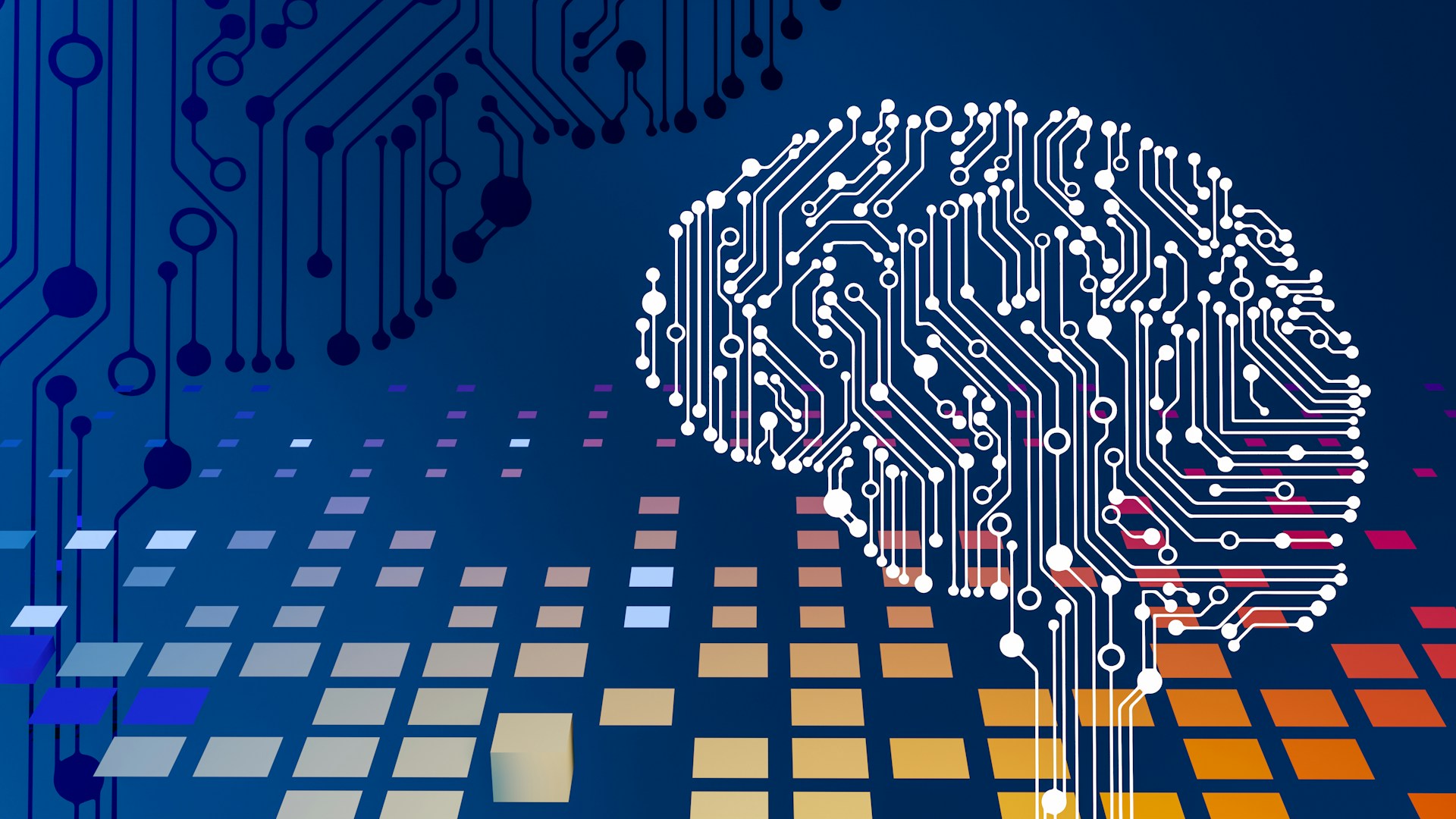
OpenAI’s experimental artificial intelligence (AI) model achieved gold medal performance at the 2025 International Mathematical Olympiad (IMO), solving complex problems that researchers predicted would take years longer to master.
The unreleased model scored 35 out of 42 points on July 19, solving five of six problems from this year’s competition. Former IMO medalists independently graded the AI’s mathematical proofs under unanimous consensus, according to Alexander Wei, a research scientist at OpenAI’s Reasoning team.
“This underscores how fast AI has advanced in recent years,” Wei wrote on X. “In 2021, my PhD advisor had me forecast AI math progress by July 2025. I predicted 30% on the MATH benchmark (and thought everyone else was too optimistic). Instead, we have IMO gold.”
The achievement marks a significant milestone for general artificial intelligence. Unlike previous AI systems designed specifically for mathematics, this model uses general-purpose reasoning abilities to tackle problems requiring sustained creative thinking.
“IMO problems demand a new level of sustained creative thinking compared to past benchmarks,” Wei explained. The competition typically requires about 100 minutes per problem, compared to roughly one minute for standard math benchmarks.
The model operated under the same conditions as human contestants. It received two 4.5-hour exam sessions without internet access or external tools, reading official problem statements, and writing natural language proofs.
“This is an LLM doing math and not a specific formal math system; it is part of our main push towards general intelligence,” said Sam Altman, OpenAI’s CEO.
Mathematical experts expressed both admiration and caution about the results. “Getting LLMs to string together a sequence of steps logically to solve complex problems that they have not seen before is a huge technical challenge,” said Madhavan Mukund, Director of Chennai Mathematical Institute. “Their success is a surprise.”
However, AI critic Gary Marcus noted important limitations. “The fact that no tools, coding or internet was used is genuinely impressive,” he wrote on X. “That said, my overall impression is that OpenAI has told us the result, but not how it was achieved.”
The IMO, founded in 1959, represents one of the world’s most prestigious mathematics competitions. This year’s event featured 630 participants, with only 67 earning gold medals. Problems span algebra, combinatorics, number theory, and geometry.
OpenAI’s model joins Google DeepMind’s AlphaGeometry2, which solved 42 out of 50 problems from the past 25 years of IMO competitions in January 2025. However, OpenAI’s achievement represents the first time an AI system has earned gold on current-year problems.
The company plans to keep this advanced mathematical capability private for several months. Wei confirmed that while GPT-5 launches soon, it won’t include the experimental model’s mathematical reasoning abilities.
The achievement signals rapid progress in AI’s ability to handle complex, multi-step reasoning tasks that traditionally required human creativity and sustained logical thinking.






















